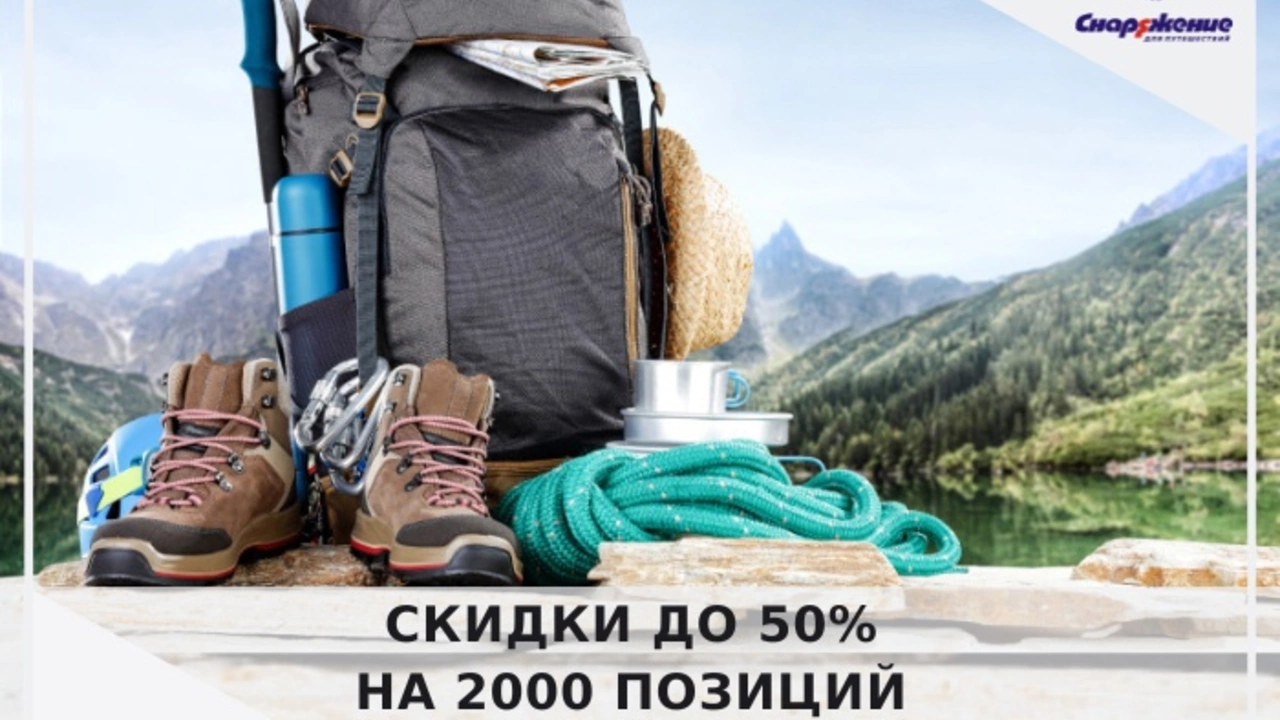Camping tips that actually make your trip easier
Waking up cold, wet, or hungry can ruin a weekend fast. Use simple habits to avoid those problems: sleep warm, carry clean water, and protect food from critters. These basic wins give you more time to enjoy the trail, the view, and the campfire.
Packing: what really matters
Start with shelter and sleep. Bring a tent footprint or a cheap tarp — it keeps the tent floor dry and lasts years. Pick a sleeping pad with good insulation (R-value 3+ for three-season trips) and a sleeping bag rated for a few degrees below the coldest night you expect. Stuff a fleece or down jacket into a dry sack to use as a pillow.
Clothing should follow layers: base (moisture-wicking), mid (fleece), and shell (waterproof). Pack an extra pair of socks and a hat — most discomfort comes from cold feet and a cold head. If rain is likely, keep a quick-change outfit in a waterproof bag so you can stay dry at camp.
For cooking and food, choose simple, high-calorie options: instant rice, pasta, canned proteins, nut butter, and energy bars. Bring a lightweight stove and a pot that nests with a mug. Don’t forget a small cutting knife, a spoon, and a pack of resealable bags. Store food away from your sleeping area and use a bear bag or locker where required.
Safety, comfort, and easy hacks
Water is priority one. Carry a backup method to treat water: filters, iodine tablets, or a UV pen. A one-liter spare bottle is a cheap insurance policy. Always know where your nearest water source is before daylight fades.
Make a tiny first-aid kit: bandaids, antiseptic wipes, blister pads, pain reliever, tweezers, and any personal meds. Tape a few safety items to your pack strap — headlamp, whistle, and a folded map — so they’re quick to reach.
Keep critters and insects in mind. Use sealed containers for food and avoid cooking inside your tent. For ticks and mosquitos, wear long sleeves at dawn and dusk, use repellent, and check your body and gear when you pack up.
Simple repairs save a hike: include duct tape wrapped around a water bottle, a few cord locks, and a needle with thread. For electronics, toss items in a zip-top bag or a small dry sack. A power bank and a tiny solar panel add peace of mind on longer trips.
Leave no trace: pack out your trash, bury human waste where allowed and follow local rules. Before you walk away from camp, do a quick sweep for small items and food scraps. A clean site keeps animals safe and other campers happy.
Try one change each trip — a better pad, a lighter stove, or a water filter — and notice how much more fun camping becomes. Small upgrades and a few smart habits turn good trips into great ones.

